What’s the best age for sleep training a baby?
When to start sleep training, is different for everyone. No method is one size fits all. However, there is some basic information that could help to smooth the process for both you and your baby and answer some common sleep training questions.
First off, sleep training and night weaning won’t necessarily happen at the same time. When sleep training, you will still need to ensure your baby is fed once or twice throughout the night, depending on their weight. When you work on sleep, you MUST make your first focus on bedtime and overnight structure, naps are secondary even though they may often be short and have you feeling defeated.
The term sleep training means different things to different people. For some, it means just falling asleep, for others it means sleeping through the night.
Successful sleep training won’t happen overnight. The mere fact that it is referred to as "training" implies that it may take some time. Finding the right method that works for you and your baby is a major ingredient in successful sleep training. Sleep training is actually conditioning your baby to learn how to sleep differently, it's breaking habits and habits take 21 days to break.
There are many methods to pick from; choose one that resonates with your parenting principles. Do not mistake this with a 'no cry' sleep training approach; most sleep training methods will need some crying. If anyone tells you that you can make changes without tears, be wary!
Having said that, when you do make changes, that does not mean your baby has to cry alone. Make sure that you and anyone else in your family who is assisting you, is on the same page as you.
How long does sleep training take?The time for sleep training may vary depending on the situation, age of your child and development milestones. I have seen quick changes fixed just through the routine and 3 months for older children (3 years and on).
Everyone’s experience is unique, every family has different circumstances and variables, in some cases you can not juststart sleep training, but have to work on the daytime routine first.
How safe is sleeping training for a babySafety is always a concern for parents when it comes to introducing anything new to their babies, and sleep training is no different. So, what does the medical research say? Scientific studies have found that there are no long-term risks to sleep training.
Studies have also found no detrimental effects on the parent-child connection after sleep training. In fact, some even show an improvement in security between parent and child following sleep training.
Best Age to Sleep Train Your BabyWhen you're ready to make a commitment to change, you don't 'try' sleep training; you do it, and consistency is essential! 12 weeks and 12 lbs of age are good starting goals, but if you are not ready at this age or weight, then wait until you are ready, if you start the process before you are ready, it will be hard to follow through on. I have programs to fit 4 months to the age of 3, for that very reason. This is your child, you decide when the time is right for you and your family.
Tips To Keep in Mind as You Sleep Train Your BabyPick a realistic start date - don't over schedule, as you will need a clear mind. You don’t want to be stressed witha huge to-do list on top of this.
Stay Consistent - This is a marathon, not a sprint. Your infant cannot think in the same way that you do. Think about how you would learn something new. If the person teaching you keeps changing the rules, then the learningwould be counterproductive.
Be realistic when you go into sleep training, you MUST be able to take the rough with the smooth. The learning curve is NOT linear. You will have to go through a mix of good and bad nights, to get to the other side.
I have both one to one consulting available and pre-packaged programs should you want to work with someone to guide you through the sleep training process.

